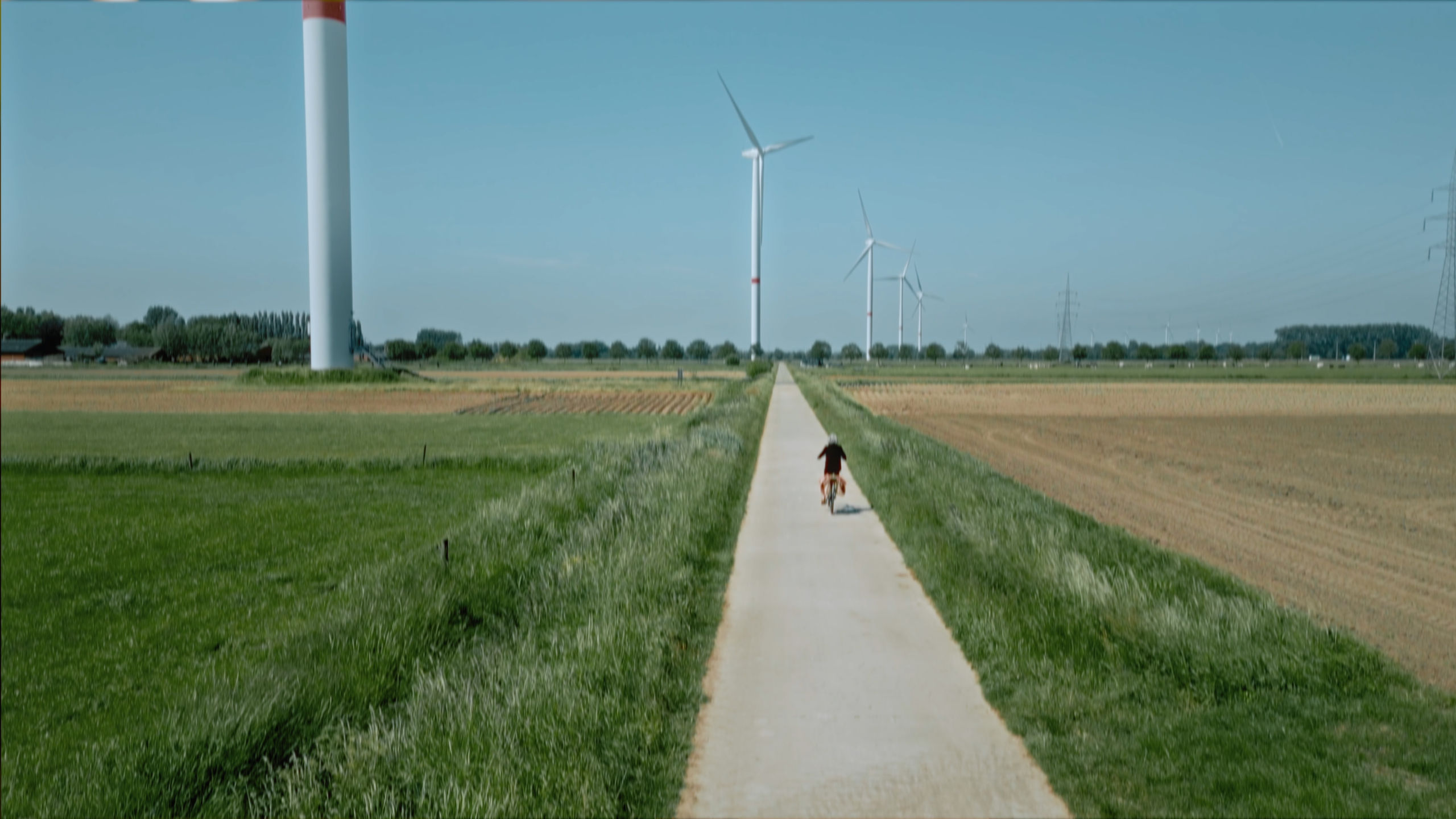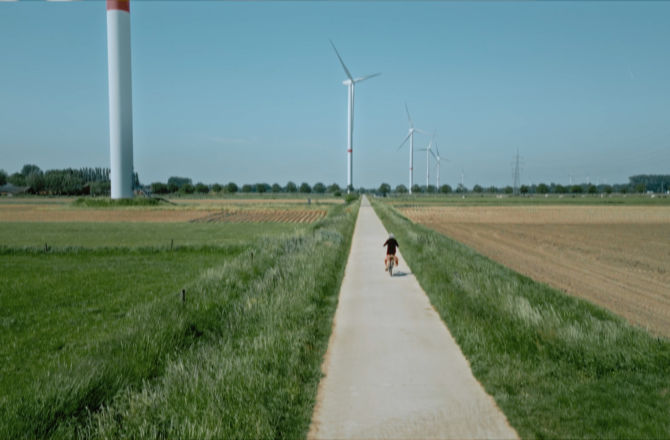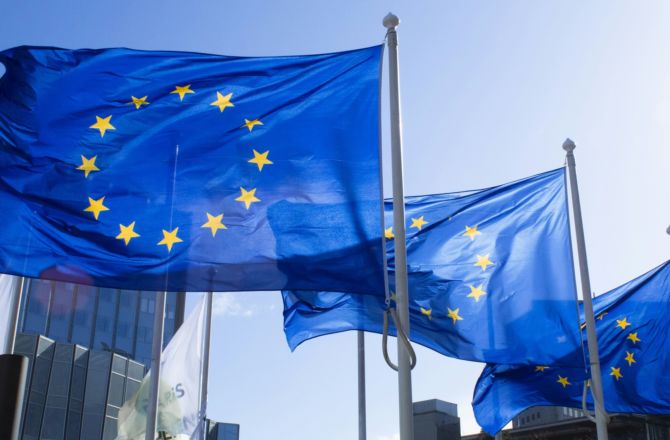- Our Priorities
-
-
Our Priorities
We focus on eight interconnected ‘big bets’ which will help achieve a greener, more peaceful and democratic Europe
-
-
-
-
- Our Partners
-
-
Our Partners
Together with our funding partners and grantees, we’re working to catalyse climate action and build a better future
-
-
-
-
- Latest Updates
-
-
Latest Updates
The latest stories, insights, news and resources on climate from the ECF and our partners
-
-
-
-
- About the ECF
-
-
-
Our mission is to empower people across society to create a net-zero world
-
-
-
-
-
-









